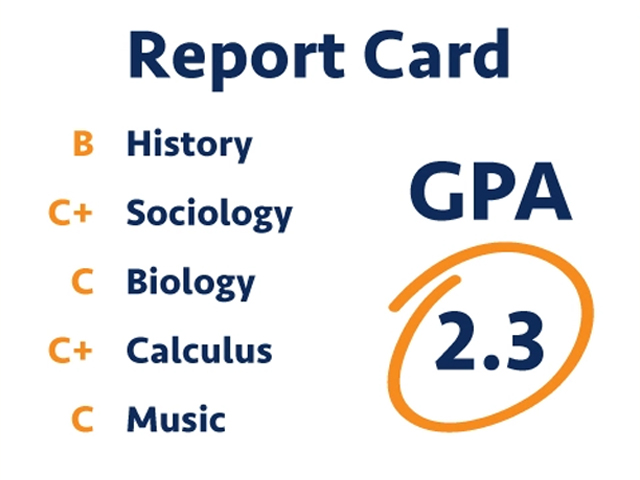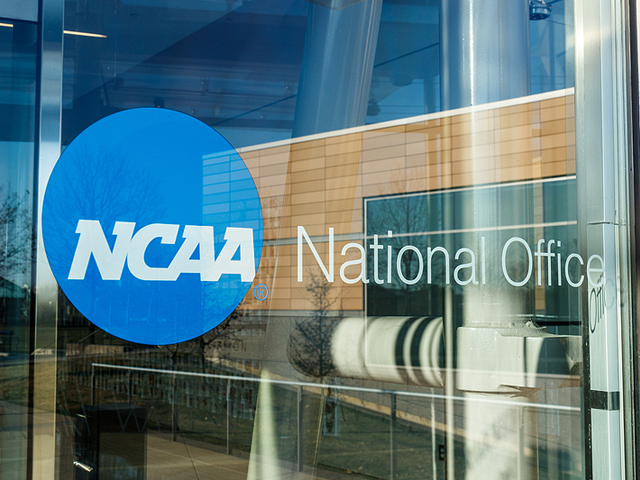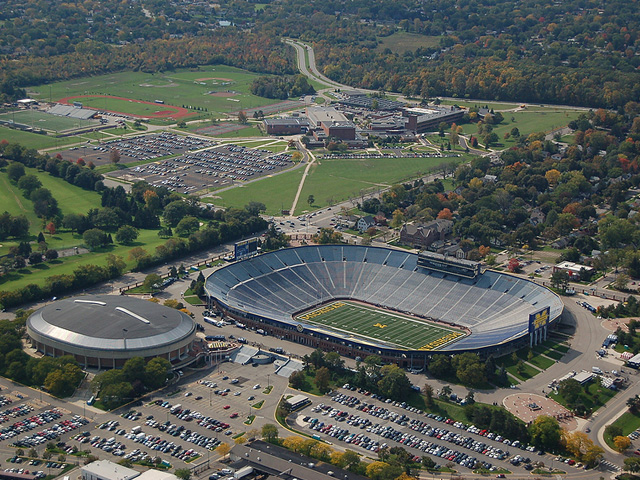
There are many things to consider when choosing a college, to the point that it may become overwhelming. Here are some vital questions to discuss with school staff members that can help you make your decision easier.
What are the conditioning and training expectations?
It is essential to understand the university or college’s stance on their conditioning and training program to ensure you will succeed.
Does the college provide medical insurance? Is medical insurance required for me to participate?
It is common for athletes to have to show proof of medical insurance coverage.
Who is responsible for my medical expenses in the event that I am injured seriously during competition?
Having this information ahead of time is important so there is no delay in your treatment and you have access to emergency funds if necessary.
Which positions will I be eligible to play on your team?
It is good to not assume anything and have this conversation instead. The majority of coaches want to be flexible and there may not be a definite answer offered.
What is the school’s redshirting policy and will I be redshirted my first year?
Check into your school for information regarding their redshirting policy as it can academically and athletically impact you.
Are you recruiting additional players for my position?
Be prepared that coaches often consider numerous athletes for each position to have coverage in the event of illness or injury.
What would you describe your coaching style like?
It is important to understand if your coach’s teaching style will compliment your learning style. Each coach has their own unique coaching style that involves their take on discipline and various motivational techniques.
Will other players be competing for the same position?
Having an idea of what to expect as a starter can only be achieved with communication. This is the best way to understand and discuss your expectations and avoid disappointment.
How long does the head coach plan on staying and when does their contract finish?
Never assume the head coach will be there for a specific amount of time. If the coach left, would that change your mind about the program or the school? Get as much information as possible before you commit.
Are uninvited walk-on or invited walk-on situations preferred? How many players will be offered a scholarship? How many competitors do you expect to attend?
These are great questions to help you feel prepared for what to expect and not feel overwhelmed or blindsided when you compete.
If I decide to transfer to a different school, what happens?
You will require permission to transfer from your current athletics department at your college. Inquire about how often coaches grant this type of permission and ask for an example of when this request was denied in the past.
How many students are in my department? What are program graduates doing after they complete school? What are the faculty member credentials in my department major? How many scholarship players graduate?
These questions can help you gauge how committed the school is to its athletic department. The following questions are also useful:
- What is the grade-point average of the current team?
- What is the percent of graduates for incoming students?
Are any academic support programs offered to student-athletes?
It is vital to choose a school that wants to help you be a better student and obtain an excellent education.
Is summer school an option? Will it be paid for by the college if I need to attend to get my grades up?
There may be summer school options to help you obtain your graduation or academic requirements.
If I have been documented and diagnosed with a disability, what types of academic services can I access?
There may be certain academic services available to help you achieve your goals; however, you need to know how, when and where to access them to succeed.
What are the restrictions about class schedules around practice times?
You are not allowed to miss class to attend practice according to NCAA rules.
What is the breakdown for the number of credit hours I should acquire out of season and in season?
It is essential to figure out how many credit hours your degree requires and what kind of pace you will need to follow to meet those commitments.
Are student-athletes required to live on campus?
Ask about any exceptions if the answer is “yes.”
What does a regular day look like for a student-athlete?
This will outline how much time is spent at practice, traveling, studying and in class to paint a picture of what you can expect on a typical day.
How would you describe the residence halls?
Discussing the community bathrooms, your room, the laundry and eating areas and study locations will help you understand how comfortable you will be in your new setting. Inquire about how many students share a room, what the rules for residence halls are and if co-ed dorms are on-site.
What are the academic criteria I need to meet to maintain my scholarship?
Find out if you need to keep a minimum grade-point average and if there are specific academic requirements at your school.
What is covered and not covered in my athletics scholarship? How much will the scholarship be?
Understanding how much your family will be responsible to pay and which college expenses are covered will help you plan accordingly. There may be government grants and student loans to help you cover educational costs; however, these take time to apply for and receive. Get the financial facts early so that you have ample time to find additional resources or meet the application deadlines for financial aid.
If there is a coaching change, will my scholarship be maintained?
You may need to speak with the athletics director to find the answer to this question as your coach may not have the answers.
What are the restrictions for financial aid? Am I able to obtain additional financial aid?
There may be NCAA limitations that interfere with a student-athlete, making them unable to accept a particular kind of scholarship. Let the financial aid office and the coach know if you are receiving other scholarships so they can determine if you are eligible to accept extra funds.
While I am a student, what employment options are available?
Discover if employment options in season are available or if you need to plan on working during vacation or off-season.
Once I have exhausted my eligibility, are there any scholarship funds available to help me finish my degree?
It can take four years or longer to finish a college degree program. Inquire if your college financially assists athletes as they finish their degrees. Inquire about how to qualify for this aid and how it is awarded. You may need to work in the athletics department or with the team to be eligible to receive these funds.
If I am injured during competing, who will be financially responsible for my treatment?
It is important to know your financial obligations in the event you suffer any type of injury during your athletic career at school.
If I accidentally suffer a career ending-injury in athletics, what scholarship money is available?
Unfortunately, not every school will continue to offer their athletics scholarship to an athlete who cannot compete any longer due to a career-ending injury.
Can my scholarship be canceled or reduced under certain circumstances?
There is often a policy regarding athletics aid renewal at many universities and colleges. If your school has a policy, be sure to read it. Speak with your coach to gain some idea about how decisions are made and how players are typically evaluated.











